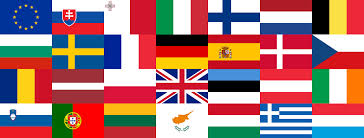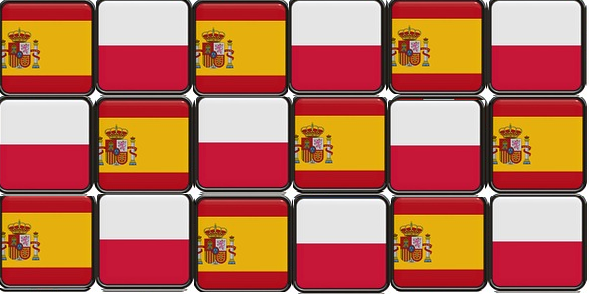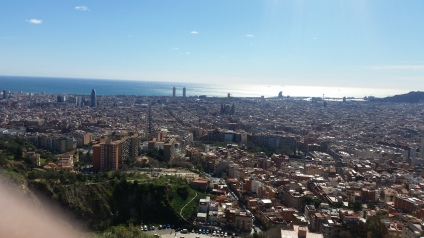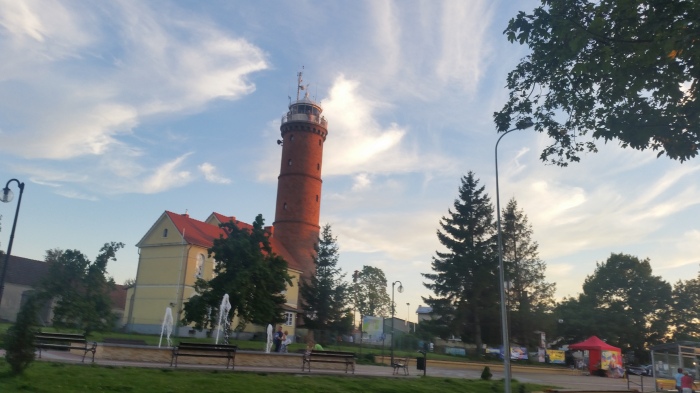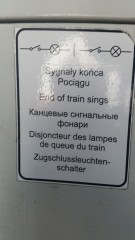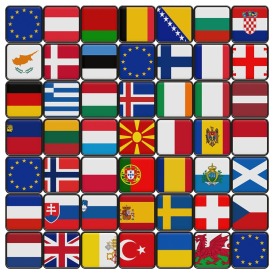
Hi all,
So what have I been up to?
Well, the past two months have been a period of reflection for me.
In this time, I’ve asked myself the following question over and over again.
¿El vaso está medio lleno o medio vacío?
In other words, I’ve being analysing not only the way that I’ve be studying but also the reasons why I’ve decided to embark on such a crazy challenge.
The conclusion which I have reached is that before anyone decides to learn another language, they should think about creating a plan for their language attainment journey.
Just like the majority of people, I like to get stuck into something and, as I progress, learn by my mistakes.
I’m now one year behind schedule, so this was obviously the wrong approach to take.
In order to help me focus my mind and stop myself from using the ‘spray and pray’ method, I’m now basing my language learning on the Grow model.
What is the GROW Model?
The GROW model is a coaching method quite often used for helping a person find their true career path. The GROW model involves four stages (Goal, Reality, Options, Wrap-up).
The GROW model is used to generate the following:
- Goals
- Obstacles
- Options
More about the GROW model stages and a diagram of the GROW model can be found here
In my opinion the GROW model has helped me to press the reset button and has forced me to work on my language attainment weaknesses.
It has also helped me identify that I need to work on my listening skills, otherwise my level of Spanish and Polish will never improve. After reaching this conclusion, I had to decide between two choices.
- A) Continue to focus mainly on reading, writing and speaking
- B) Force myself to undertake daily listening comprehensions
I chose the second option because my goal is to be able to communicate with speakers of my target languages.
If I had chosen option B, then I would have had to change my goal to being happy with having a passive understanding (the ability to read and write) of the target languages.
The answer to the question may seem straightforward but the GROW model really helped me to outline what I needed to do.
What have I incorporated into my language learning?
- I’ve downloaded and now listen daily to the Radio TOK FM. There is a subscription cost but it’s worth it. Having said that, I wouldn’t advise a complete beginner to listen to it until their understanding improves
- Every day, I listen to News in Slow Spanish. The good thing about this mobile app is that you pay the subscription on a monthly basis
- I have only recently started listening to Learn Real Polish but I would still recommend it
Also, I force myself to listen to comprehensions from books, such as Polish Conversations and Easy Spanish Reader
In regard to listening comprehension, I would recommend that you follow the following steps
- Listen to the text once
- Listen and transcribe the text at the same time (you will need to pause it several times)
- Listen to the text again and try to correct your mistakes
- Check what you have written against the text in the book
This daily routine has helped me to correct parts of my spoken Polish. I used to say ‘Nie chcę’ with a pause between the ‘Nie’ and the ‘chcę’ but I’ve just discovered that both words should be spoken together…Anyway, you live and you learn, and in regard to my language learning, el vaso está medio lleno.
My Timetable for February
- Visit Poland for 2 weeks and speak as much Polish as possible
- Attend my weekly Spanish classes Daily Polish and Spanish listening comprehensions
- Learn vocab
My Year Goals
- Take and pass the Spanish B1 DELE Exam by 13th July
- Take the Certificate Examination in Polish as a Foreign Language B2 by November
- Start a German course in September
- Start a French course in the summer and beg the French members of my family to help me to learn the language
Bye for now!
